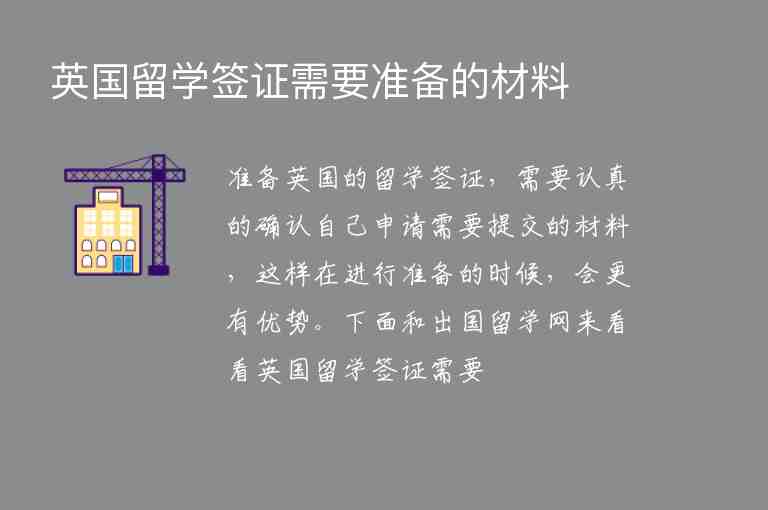英 [ˈænəlaɪz]
美 [ˈænəlaɪz]
一:analyze的意思:
analyze是一个动词,意为“分析、分解、解剖”,是由希腊语的“ana”(分开)和“lysis”(溶解)组成。它可以指对事物进行深入的研究和探讨,从而得出结论或者规律。
二:怎么读(音标):
analyze的音标为[ˈænəlaɪz],其中重读音节为第一个“a”。
三:用法:
1. analyze作为及物动词,后接名词或代词作宾语,表示对事物进行分析。
2. 也可作为不及物动词使用,后接介词短语或从句作宾语。
3. 还可用作名词,表示“分析、分解”。
四:例句1-5句且中英对照:
1. The scientist is analyzing the data collected from the experiment.
科学家正在分析实验收集到的数据。
2. The detective analyzed the evidence and finally solved the case.
探员分析了证据最终破案了。
3. The teacher asked the students to analyze the poem and explain its meaning.
老师要求学生们分析这首诗并解释其含义。
4. We need to analyze the market trends before making any investment decisions.
在做出任何投资决策之前,我们需要分析市场趋势。
5. The doctor will analyze your blood sample to determine the cause of your illness.
医生会分析你的血液样本来确定你生病的原因。
五:同义词及用法:
1. examine:强调仔细观察和检查,多用于医学或科学领域。
e.g. The doctor examined the patient's symptoms and diagnosed him with a cold.
医生仔细检查了患者的症状,诊断出他患有感冒。
2. scrutinize:强调详细、仔细地审视和检查。
e.g. The police scrutinized every piece of evidence in order to find the culprit.
仔细审视每一件证据以便找到罪犯。
3. dissect:指对复杂的事物进行深入分析和解剖。
e.g. The researcher dissected the data and found some interesting patterns.
研究人员对数据进行了深入分析,了一些有趣的规律。
六:编辑总结:
analyze是一个常用的动词,意为“分析、解剖”,它可以指对事物进行深入探讨、研究和分解。在使用时,需要注意它的用法,可以作及物动词也可以作不及物动词。同时,它也可以用作名词,表示“分析、分解”。为了避免重复使用该词,我们可以使用一些同义词来替换,如examine、scrutinize和dissect等。总之,analyze是一个非常有用的词汇,在学术、科学和日常生活中都能发挥重要作用。


